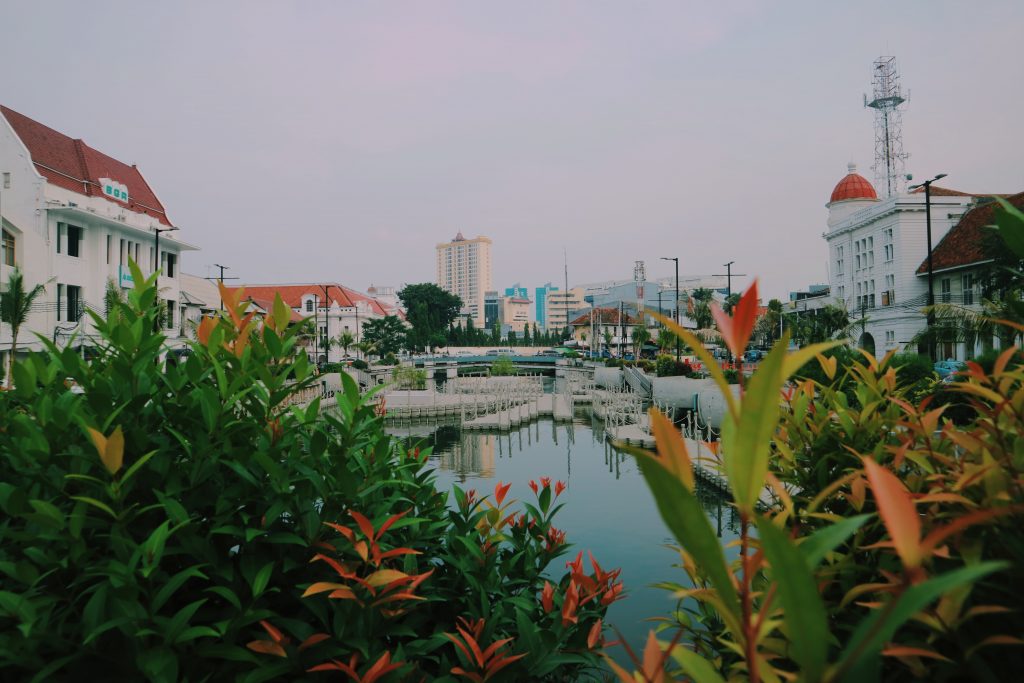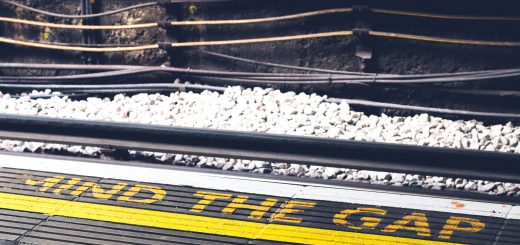Research gap of urban hydrogeology in SE Asia countries
Urban hydrogeology in Southeast Asian countries is a critical area of research due to the increasing urbanization and its associated challenges, such as groundwater depletion, contamination, and land subsidence. Identifying research gaps is essential for advancing our understanding of these issues and developing sustainable urban water management strategies. Here are some potential research gaps in urban hydrogeology in Southeast Asia, along with references to support them:

- Integrated Urban Water Management: Research on holistic approaches to urban water management that consider groundwater as an integral component of the urban water cycle is limited in Southeast Asia. There is a need for studies that integrate surface water, groundwater, and wastewater management to ensure sustainable urban development (e.g., Sarker et al., 2020).
Reference:
Sarker, M. H., Tan, P. Y., & Faisal, I. (2020). Integrated Urban Water Management in Southeast Asia: Current Status and Future Directions. Water, 12(4), 1187. - Groundwater Quality Assessment: Detailed studies on the contamination of urban groundwater, particularly in rapidly growing cities, are scarce. Research should focus on identifying sources of contamination, monitoring pollutant levels, and assessing potential health risks (e.g., Ahmed et al., 2015).
Reference:
Ahmed, A., Rahman, M. M., Hossain, M. M., & Hasan, M. A. (2015). Groundwater Quality Assessment for Drinking and Irrigation Purposes in Southwestern Coastal Area of Bangladesh. Environmental Earth Sciences, 74(8), 6211-6224. - Urbanization Impact on Groundwater Recharge: As urbanization increases impervious surfaces, the recharge of groundwater is affected. Research is needed to quantify the impact of urbanization on groundwater recharge rates and to develop strategies for enhancing recharge in urban areas (e.g., Mukhopadhyay et al., 2019).
Reference:
Mukhopadhyay, S., Pandey, A., & Saha, D. (2019). Quantification of Urbanization Impact on Groundwater Recharge Using Remote Sensing and GIS Techniques. Environmental Monitoring and Assessment, 191(11), 652. - Groundwater-Subsidence Interactions: Subsidence due to excessive groundwater pumping is a significant concern in many Southeast Asian cities. There is a need for research that investigates the complex interactions between groundwater pumping, land subsidence, and their impacts on urban infrastructure (e.g., Shamsudduha et al., 2015).
Reference:
Shamsudduha, M., Taylor, R. G., Ahmed, K. M., Zahid, A., & Bardsley, E. (2015). The Impact of Intensive Groundwater Abstraction on Recharge to a Shallow Regional Aquifer System: Evidence from Bangladesh. Hydrogeology Journal, 23(5), 995-1008. - Climate Change Adaptation: Southeast Asia is prone to climate change impacts, including sea-level rise and altered precipitation patterns. Research gaps exist in understanding how these changes will affect urban groundwater resources and what adaptive measures should be taken (e.g., Vu et al., 2017).
Reference:
Vu, T. A., Yamazaki, D., & Komatsu, H. (2017). Climate Change Impacts on Urban Groundwater Resources: Current Trends and Future Projections (Case Study: Hanoi City, Vietnam). Hydrology, 4(4), 52.
These research gaps represent areas where further investigation can contribute to better urban water management and sustainable development in Southeast Asian countries. Researchers can use these gaps as a starting point to address the specific hydrogeological challenges faced by urban areas in the region.
Based on the search results, the research gap in urban hydrogeology in Southeast Asian countries is not well-defined. However, some studies have identified limited research addressing rates of groundwater recharge, groundwater quality, and groundwater-surface water interactions[1]. Additionally, there is a lack of knowledge about the performance of green infrastructure in Southeast Asia, where projections of rapid urban growth and important risks of flooding and water pollution make integrated urban water management critical[3]. Furthermore, most scientific papers focus on hydrological modeling and water management strategies, rather than on the hydrogeological aspects of urban areas[4]. Therefore, there is a need for more research on urban hydrogeology in Southeast Asia, particularly on groundwater recharge, groundwater quality, and groundwater-surface water interactions.
Citations:
[1] https://www.mdpi.com/2073-4441/11/8/1605
[2] https://link.springer.com/article/10.1007/s00267-021-01467-w
[3] https://www.ncbi.nlm.nih.gov/pmc/articles/PMC9012722/
[4] https://www.mdpi.com/2073-4441/13/16/2311
[5] https://wires.onlinelibrary.wiley.com/doi/full/10.1002/wat2.1640
[6] https://www.researchgate.net/publication/361046703_Trends_in_groundwater_research_development_in_the_South_and_Southeast_Asian_Countries_a_50-year_bibliometric_analysis_1970-2020



